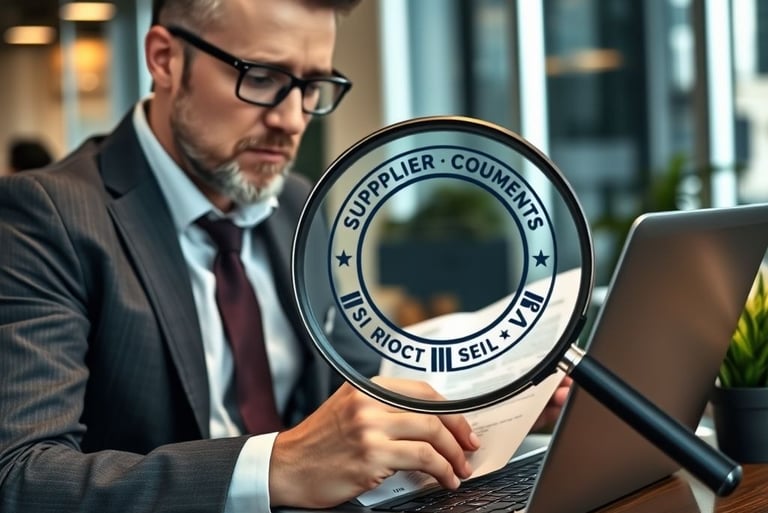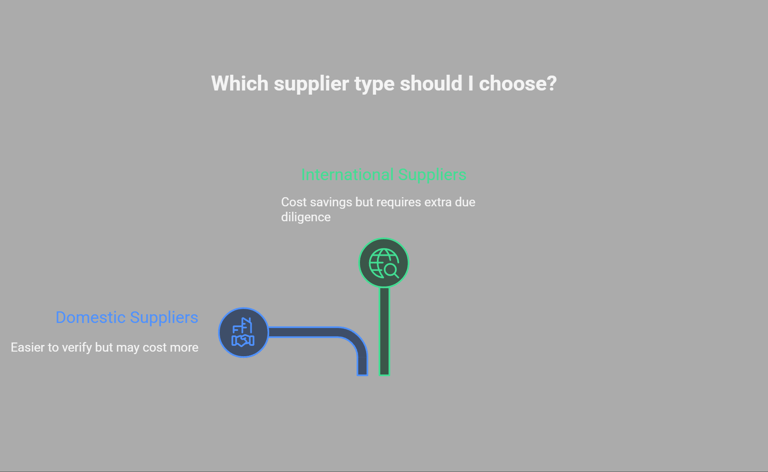How to Identify Trustworthy Suppliers for Your Business?
In today’s competitive market, the ability to identify trustworthy suppliers is crucial for business success, especially for e-commerce and pet store owners. Failing to identify trustworthy suppliers can lead to scams, poor-quality products, or unreliable partnerships, damaging your brand reputation. This guide outlines key steps to vet suppliers effectively, ensuring long-term reliability and compliance with industry standards.
Verify Supplier Credentials
Before engaging with a supplier, confirm their legal registration, business licenses, and certifications. Platforms like Alibaba’s Supplier Verification or third-party audit services (e.g., SGS, Bureau Veritas) can validate authenticity. Cross-check details with government trade databases to ensure legitimacy.


Research Reputation & Reviews
Online reviews and testimonials offer insights into a supplier’s reliability. Check platforms like Trustpilot, Google Reviews, or industry forums. Request references from past clients—legitimate suppliers will gladly provide them. Be wary of suppliers with no digital footprint or overly generic feedback.
Assess Communication & Transparency
A trustworthy supplier communicates clearly and promptly. Test their responsiveness by asking detailed questions about pricing, production timelines, and policies. Avoid vendors who evade questions or provide inconsistent information. Transparency about processes (e.g., sourcing materials) is a strong indicator of professionalism.




How to Identify Trustworthy Suppliers for Your Business
Links You May Like
Search for More
Subscribe
Leave Us A Message
Like it? Share it!
Monitor Performance Regularly
Even after onboarding, track supplier reliability. Address delays or quality issues immediately. Stay informed about industry scams to avoid emerging risks.
By following these steps, you can build a network of dependable suppliers, safeguarding your business’s growth and reputation.
Prioritize Quality Assurance
Always request product samples before placing bulk orders. For pet stores, ensure products meet safety standards (e.g., non-toxic materials). Inspect samples for defects and compare them to advertised specifications. Reliable suppliers will accommodate sample requests without hesitation.
Secure Payment & Contracts
Use secure payment methods like escrow services or credit cards to mitigate fraud risks. Draft a clear contract covering delivery schedules, return policies, and dispute resolution. Avoid suppliers who demand full upfront payments or refuse written agreements.
Recognize Red Flags
Be cautious of:
- Unrealistically low prices
- Lack of contact information (e.g., only email addresses)
- Pressure to pay quickly
- Vague product descriptions or stock images
Local vs. International Suppliers
Domestic suppliers are easier to verify but may cost more. Overseas suppliers offer cost savings but require extra due diligence on shipping, import laws, and cultural differences. Weigh these factors based on your business needs.








